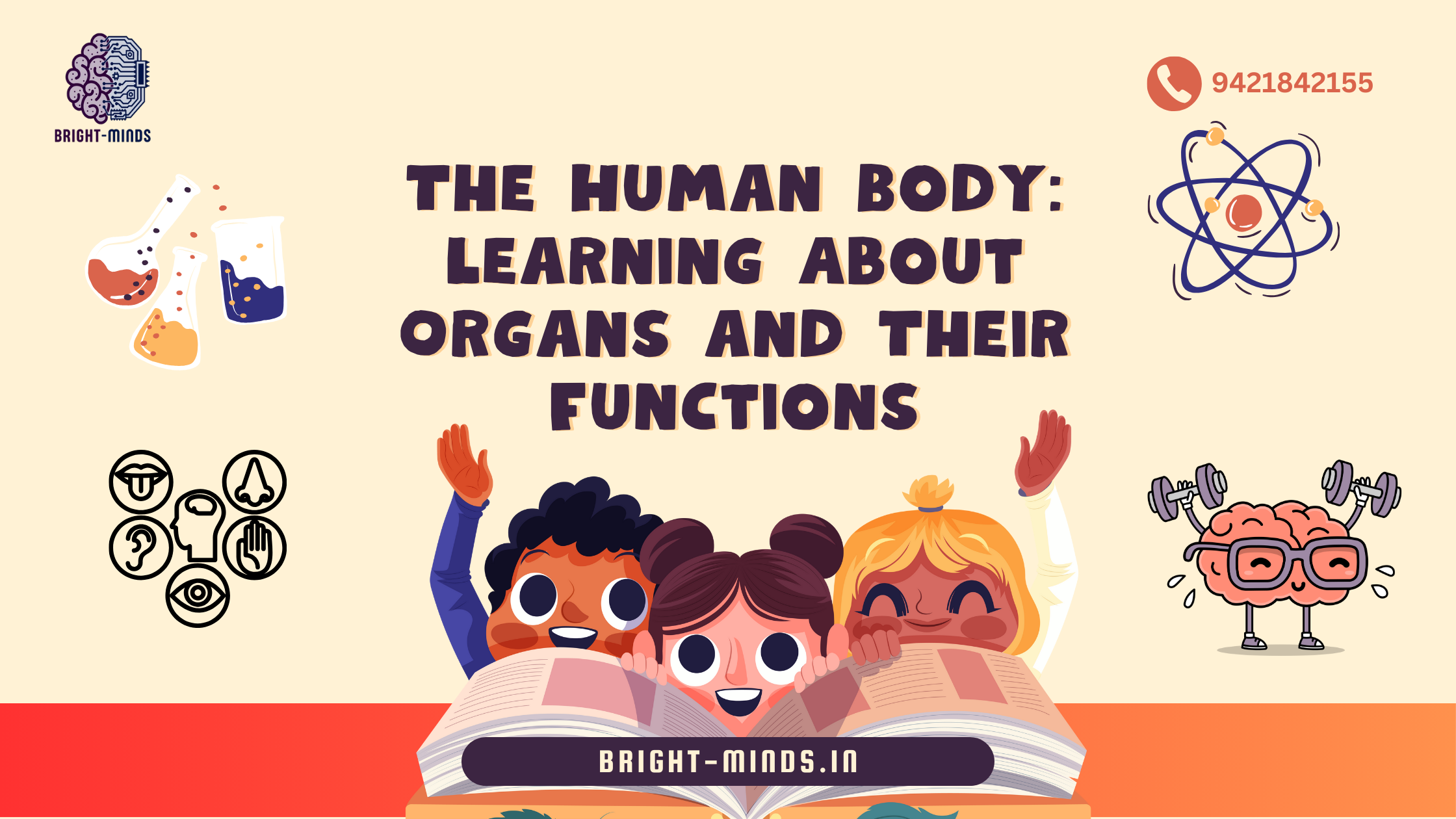Each organ in the human body plays a distinct role in sustaining life, making it an intricate and interesting system. We can take better care of our health if we understand these organs and how they work. The main organs of the human body and their vital roles will be covered in this tutorial.
The Brain: The Control Center
The most vital organ in the body, the brain regulates every bodily function, including emotions and movement. It aids in decision-making, preserves memories, and processes information. Each component of the brain, which includes the brainstem, cerebellum, and cerebrum, has a distinct function.
The Heart: Pumping Life
The heart is the circulatory system’s main engine. It ensures that all organs receive the nutrition they require to function by pumping blood that is rich in oxygen throughout the body. A balanced diet, stress reduction, and regular exercise all support a healthy heart, which is essential for general wellbeing.
The Lungs: Breathing in Life
The lungs are essential for respiration, allowing oxygen to enter the bloodstream while removing carbon dioxide. Breathing exercises and avoiding pollutants can help keep the lungs in good condition.
The Liver: The Body’s Detoxifier
The liver has a major impact on cleansing and digesting. It retains vital nutrients, removes pollutants from the blood, and aids in the breakdown of fats. It is essential to maintain liver health by eating a balanced diet and abstaining from excessive alcohol consumption.
The Kidneys: The Body’s Filtration System
The kidneys help remove waste and excess fluids from the blood, ensuring a balance of essential minerals. Drinking plenty of water and maintaining a healthy diet can support kidney function.
The Stomach and Intestines: Digesting Nutrients
The stomach and intestines work together to break down food and absorb nutrients. A fiber-rich diet, probiotics, and staying hydrated aid digestion and keep the gut healthy.
The Skin: The Largest Organ
The skin protects the body from external harm, regulates temperature, and prevents infections. Proper skincare, hydration, and sun protection are key to maintaining healthy skin.
The Endocrine System: Regulating Hormones
Organs like the thyroid, pancreas, and adrenal glands release hormones that control metabolism, growth, and stress responses. A balanced diet and stress management help keep the endocrine system in check.
How to Keep Your Organs Healthy
- Eat a balanced diet rich in fruits, vegetables, lean proteins, and whole grains.
- Stay hydrated by drinking plenty of water.
- Engage in regular physical activity to keep the heart, lungs, and muscles strong.
- Get enough sleep to allow the body to repair and function properly.
- Avoid excessive alcohol, smoking, and processed foods to prevent organ damage.
- Schedule regular health checkups to monitor organ function and detect issues early.
Conclusion
Every organ in the human body is essential to our survival and well-being. A longer, better life can be achieved by being aware of their roles and adopting proactive measures to keep them healthy. We may boost our general well-being and guarantee that our organs function effectively by adopting mindful lifestyle choices.

